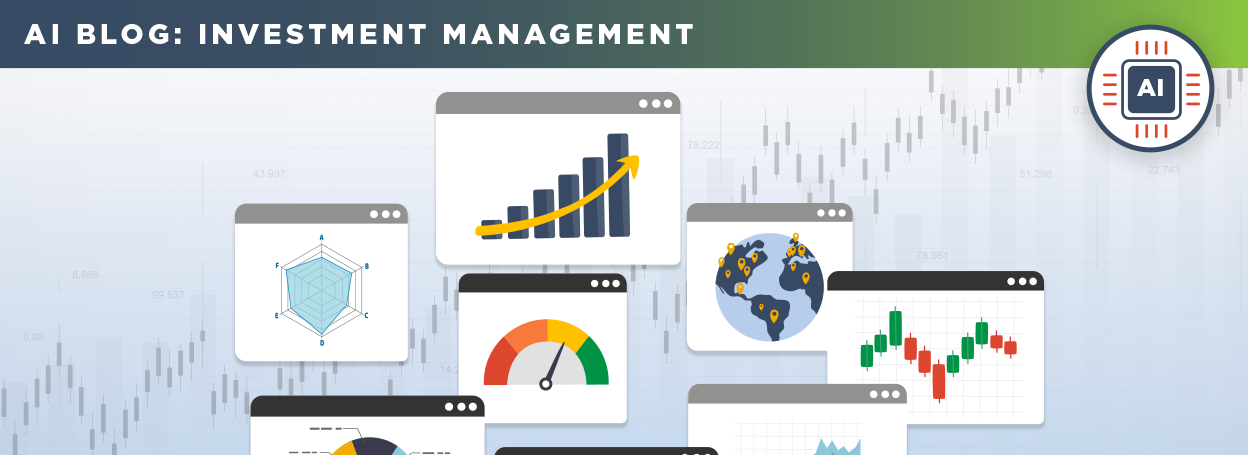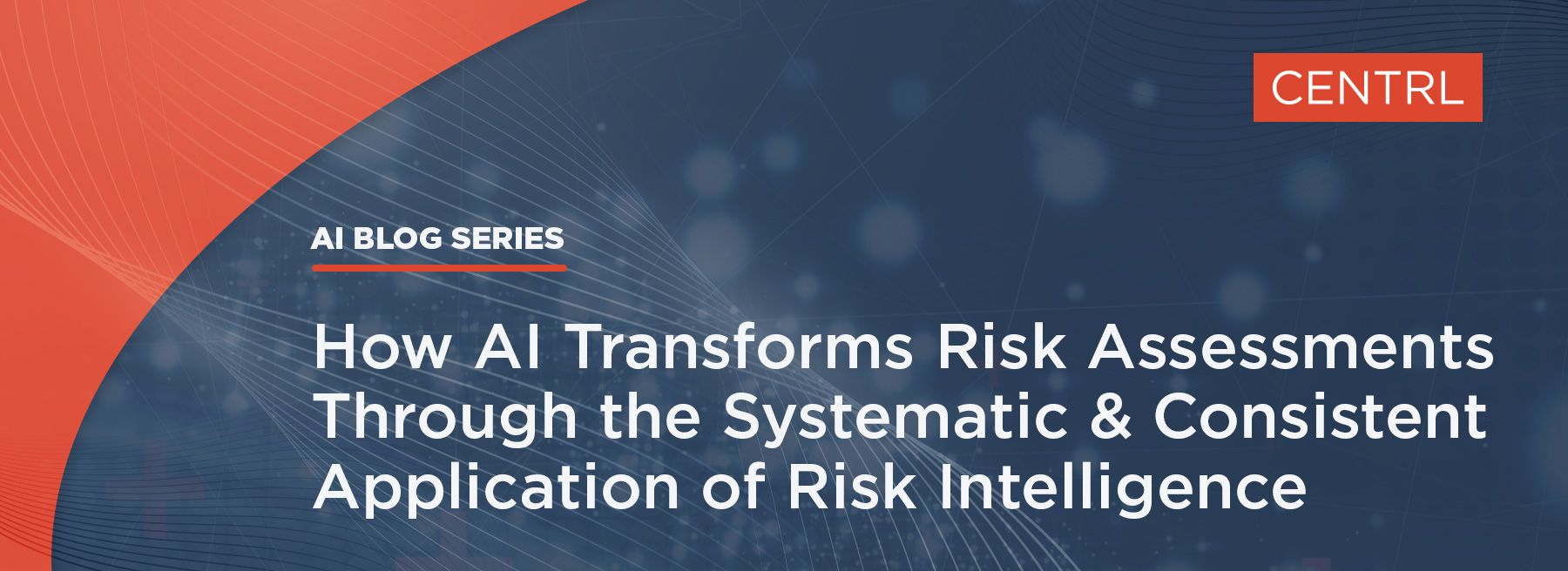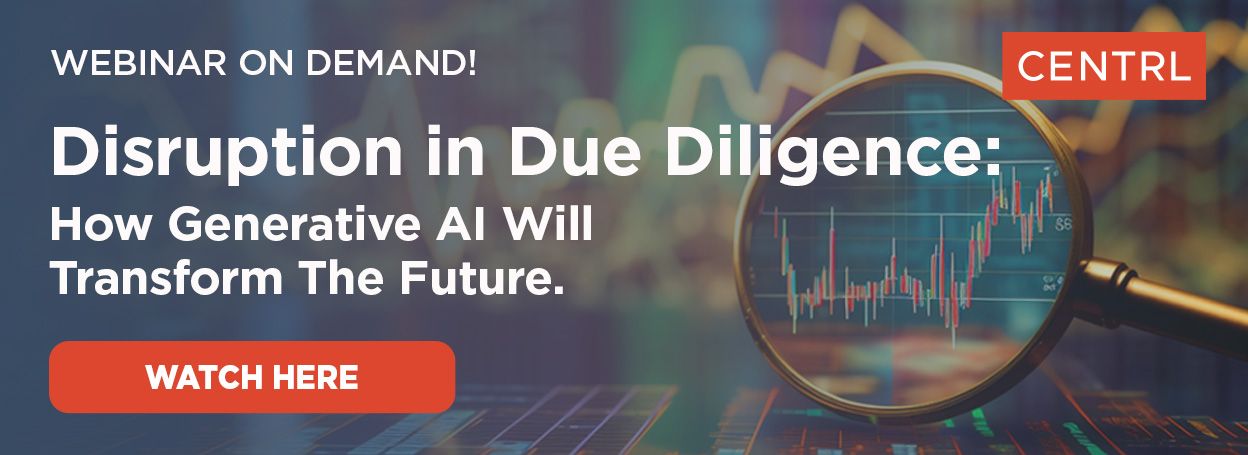How Will Artificial Intelligence Transform the DDQ Process?

How Will Artificial Intelligence Transform the DDQ Process?
Generative Artificial Intelligence (genAI) is a powerful technology transforming the Investment Management industry. As momentum grows, organizations are feverishly exploring the best use cases for implementing AI that can impact time savings, accuracy, and return on investment. In fact, according to Deloitte’s 3Q 2024 State of Generative AI in the Enterprise report, “The clock is ticking for organizations to create significant and sustained value through their genAI initiatives.” For the investment management industry, there is perhaps no better use case than leveraging genAI to enhance the regulatory compliance and risk management DDQ/RFP process.
In our first AI Blog for Investment Management, we highlighted the pain asset managers and service providers have to accurately respond to incoming questionnaires in a way that is aligned with the expectations of the issuer and in the correct format. Current processes are often highly tedious, manual, and can be expensive to sustain. Three pre-conditions of a high-quality response process include the accuracy of the response, that responses reflect the company’s processes, and that responses are sensitive to the requirements of the Issuer. Too often firms respond to incoming DDQs in a rote manner, without accurately answering what is specifically being asked by the Issuer.
So How Does GenAI Help the DDQ Response Process?
The DDQ response process can be effectively broken down into three key steps: Content Management, the Question Response Process, and Administrative Steps involving Input and Output. Each component plays a critical role in ensuring that responses are accurate, relevant, and aligned with Issuer expectations. GenAI has the potential to significantly enhance each of these areas, leading to greater efficiency and improved quality in the response process.
1. Content Management: Foundational to the DDQ response process, t involves the systematic organization and management of the company’s knowledge corpus, which encompasses a variety of resources such as internal documents, previous DDQ responses, and expert input from across the organization.
2. Question Response Process: At the heart of the overall response process, the goal is to provide accurate, consistent, and tailored answers to incoming questions from clients or investors.
3. Administrative Steps Involving Input and Output: These steps are critical for ensuring a smooth workflow in the DDQ response process, particularly in managing the intake and export of various DDQ formats.
The power of AI lies in its ability to enhance all aspects of the DDQ response process, making it more efficient and intuitive. While the most evident impact may be on the Question Response step, it is crucial to recognize that a domain-specific AI solution can be designed from the ground up, utilizing AI throughout the entire lifecycle of the response process. Such a holistic approach not only streamlines workflows but ensures that every step benefits from the insights and capabilities of AI technology.
What’s Next for AI in the DDQ/RFP Process?
We predict that AI-enabled tools, particularly newer AI-native platforms, will dramatically revolutionize the process of managing company content and leveraging that content to respond to DDQs and RFPs. When implemented at scale, these enhancements will create value for the entire ecosystem by improving the quality of the due diligence process and more accurately identifying and mitigating risks across the system.
As organizations continue to embrace AI technologies, the potential for more streamlined, accurate, and contextually relevant responses will not only enhance client satisfaction but foster greater trust in the responses provided, ultimately leading to improved business outcomes and stronger relationships.


